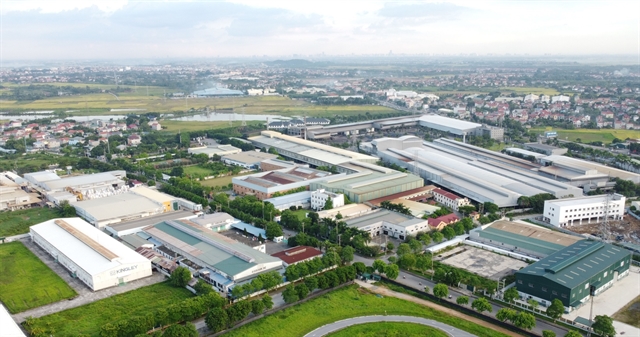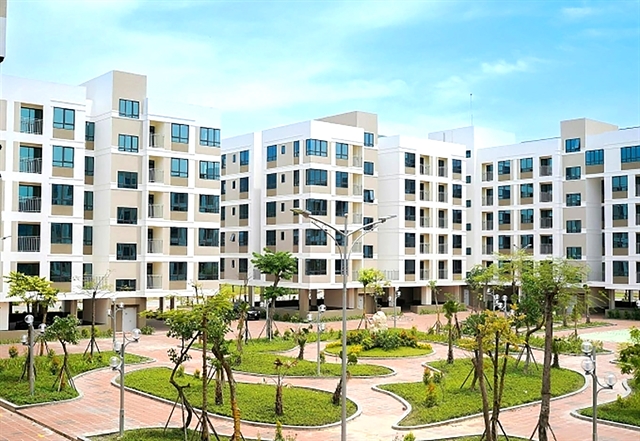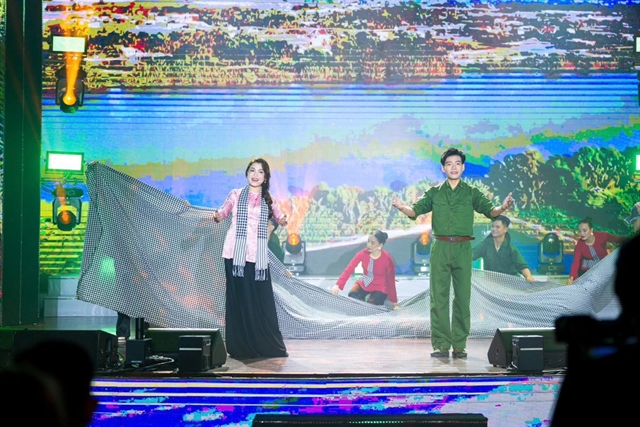 Life & Style
Life & Style

ĐÀ LẠT — More than 100 wooden statues created by ethnic artisans in Tây Nguyên (Central Highlands) are on display in Đà Lạt City in Lâm Đồng Province.
The exhibition, which is part of the on-going Đà Lạt Flower Festival, is taking place in a pine forest within the grounds of Lâm Đồng Provincial Museum.
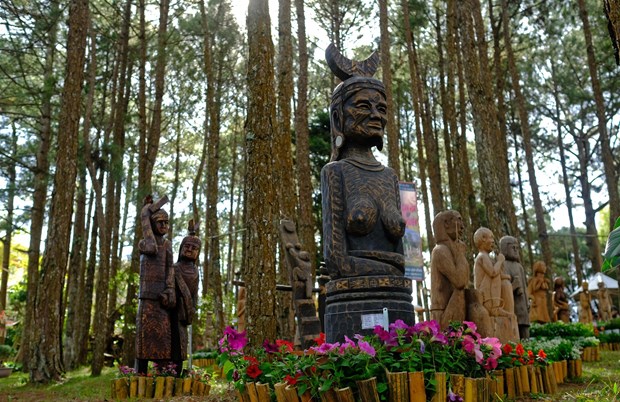
|
| The exhibition presents more than 100 statues that were selected from collections by ethnic sculptors and artisans living in the Central Highlands provinces. — VNA/VNS Photo Nguyễn Dũng |
The statues have been selected from collections by ethnic sculptors and artisans living in the Central Highlands provinces including Đắk Lắk, Gia Lai, and Kon Tum.
The displaying venue also has been adorned by more than 1,000 flower pots which bring out further the rustic features of the Tây Nguyên wooden statues.
Among the statues are the ones related to the ritual customs of Jarai and Ba Na ethnic people in Gia Lai and Kon Tum provinces.
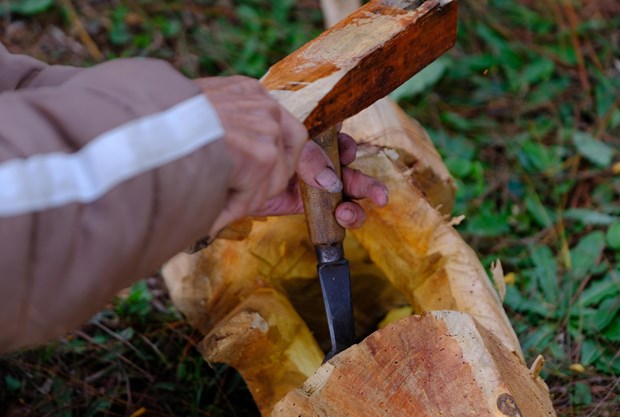
|
| Simple carving tools such as chisel, axe, and xà gạc (a kind of ethnic knife with handle made from bamboo) have been used to create wooden statues. — VNA/VNS Photo Nguyễn Dũng |
Using simple tools such as chisel, axe, and xà gạc (ethnic knife with bamboo handle), the statues represent the images of ordinary life such as a young woman carrying gùi (bamboo basket backpack), a woman fishing, or pounding grain. Some other figures present motherhood or festive activities such as musicians playing gongs and flutes and the village’s elder beating a drum.
Visitors also have a chance to learn about the statue crafting process through ethnic artisans demonstrating the activity on site.
The sculpturing of statues is an ancestral art that occupies an important place in the spiritual life of the ethnic minority groups living in Tây Nguyên region.
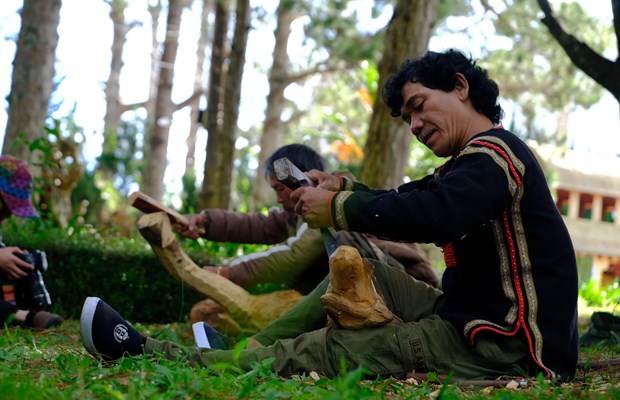
|
| Ê Đê ethnic artisan Y Thái Ban from Đắk Lắk Province demonstrates how to create a wooden statue at the exhibition. — VNA/VNS Photo Nguyễn Dũng |
With their skilled hands, artisans have transformed a tree trunk into a statue, drawing on their imagination in the culture and traditional beliefs of their land.
Wooden statues can represent humans or animals, scenes of work or daily life.
The exhibition is open to public until December 25. The Lâm Đồng Provincial Museum locates at No 4 Hùng Vương Road, Đà Lạt City. — VNS


